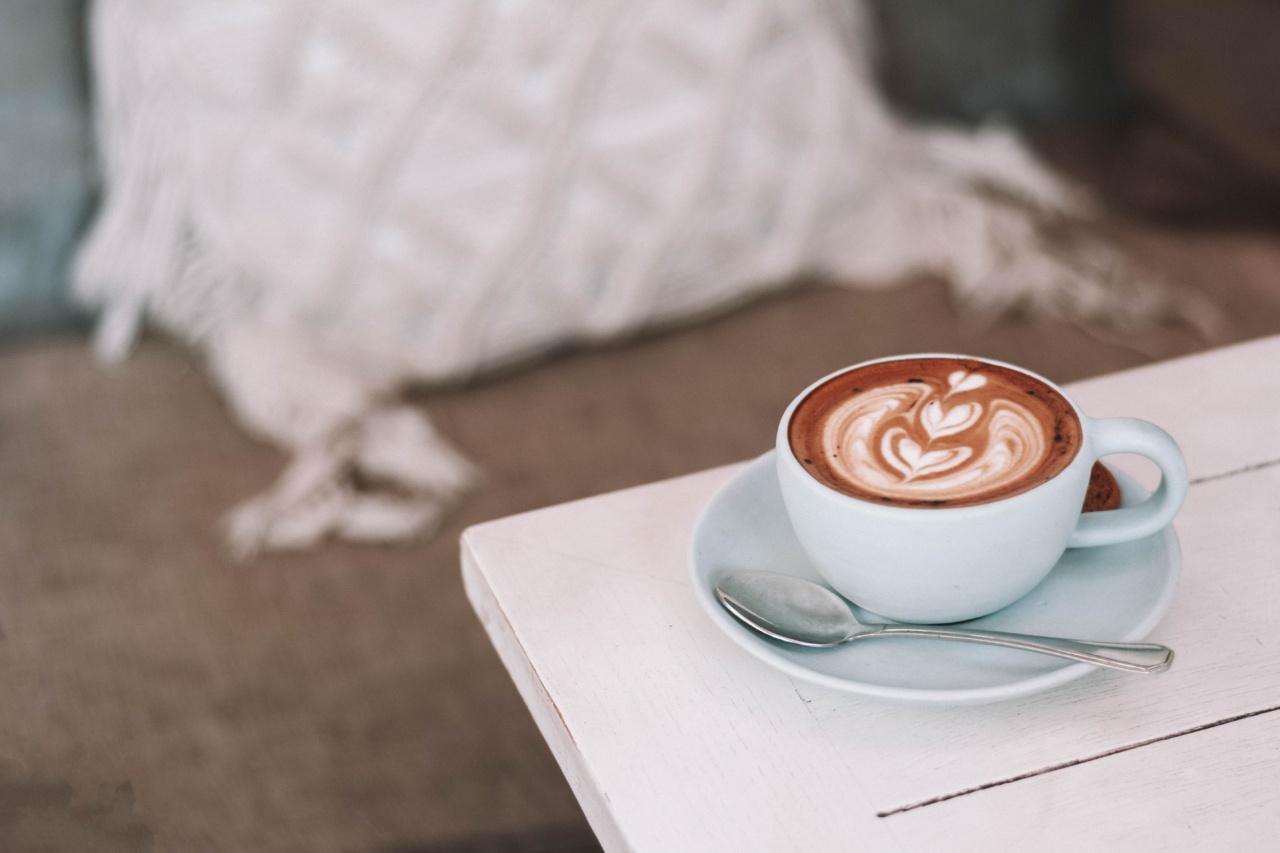Adolescence is a crucial period of development marked by significant physical, psychological, and social changes. During this stage, teenagers are particularly susceptible to the influence of their peers.
Peer pressure often plays a pivotal role in shaping adolescent behaviors, including their dietary choices. In recent years, concerns have grown about the impact of peer pressure on the intake of sugar and caffeine among teenagers.
This article sheds light on the influence of peer pressure on adolescent sugar and caffeine consumption and explores effective strategies to address these influences.
The Prevalence of Peer Pressure in Adolescent Health Behaviors
Adolescence is a time when individuals seek acceptance, belonging, and identity within their peer groups. As a result, they may adopt behaviors, including dietary habits, that align with the norms and expectations of their peers.
Research has shown that peer pressure can significantly influence various health behaviors among teenagers, such as alcohol and drug use, smoking, and eating patterns.
The Impact of Peer Pressure on Sugar Intake
Sugar is a ubiquitous ingredient in the modern diet, often found in sugary beverages, snacks, and desserts. Excessive sugar consumption has been linked to numerous adverse health effects, including obesity, diabetes, and dental issues.
Adolescents, influenced by peer pressure, may be more likely to engage in high sugar consumption due to social factors such as shared snacks during group activities, peer preferences, and marketing influence.
Research studies have demonstrated a positive association between peer pressure and increased sugar intake among adolescents.
The desire to fit in and conform to the group can lead teenagers to engage in unfavorable dietary habits, including the consumption of sugary foods and beverages. Moreover, witnessing their peers consuming high amounts of sugar may further normalize and reinforce such behavior.
The Influence of Peer Pressure on Caffeine Intake
Caffeine is another commonly consumed substance among adolescents, often found in coffee, energy drinks, sodas, and certain snacks.
While moderate caffeine intake is generally considered safe for adults, excessive consumption can have adverse effects on sleep patterns, moods, and concentration, particularly in teenagers.
Peer pressure can significantly influence the caffeine habits of adolescents. Many factors contribute to this phenomenon, including social rituals, trends, and perceived benefits associated with caffeine consumption.
Teenagers may feel pressured to consume caffeinated beverages to fit in with their peer group or enhance their performance in academic or social settings.
A study published in the Journal of Nutrition Education and Behavior found that adolescents who reported higher levels of susceptibility to peer pressure were more likely to consume caffeinated beverages regularly.
The desire to conform to perceived norms, gain social acceptance, or emulate older peers may encourage teenagers to engage in caffeine consumption beyond what is considered healthy or appropriate for their age group.
Strategies to Address Peer Pressure Influences
While peer pressure can exert a significant influence on adolescent sugar and caffeine intake, several strategies can help address these influences effectively:.
1. Education on nutrition: Providing adolescents with accurate and comprehensive information about the health consequences of excessive sugar and caffeine intake can help counteract peer pressure.
When armed with knowledge, teenagers can make informed decisions about their dietary choices.
2. Positive role models: Encouraging the presence of positive role models who promote healthy eating habits and make conscious choices regarding sugar and caffeine consumption can inspire adolescents to follow suit.
3. Creating a supportive environment: Fostering an environment that supports healthy habits by offering a diverse range of nutritious snacks, reducing the availability of sugary beverages, and promoting balanced meals can help counteract peer pressure.
4. Teaching resistance skills: Equipping teenagers with assertiveness and resistance skills can empower them to make independent choices and resist peer pressure.
This can involve teaching them how to say “no” to unhealthy food or drink offers without feeling isolated or judged.
5. Encouraging critical thinking: Promoting critical thinking skills can enable adolescents to evaluate the potential consequences of their actions, including dietary choices.
By helping them develop rational thinking and decision-making skills, they will be better equipped to resist negative peer influences.
Conclusion
Peer pressure greatly influences the dietary habits of adolescents, including their sugar and caffeine intake.
The desire to fit in and the need for social acceptance can lead teenagers to consume excessive amounts of sugar and caffeine, increasing their risk of health issues. However, by implementing strategies such as education, positive role models, creating a supportive environment, teaching resistance skills, and encouraging critical thinking, these negative influences can be effectively addressed.
Empowering teenagers to make informed choices and resist peer pressure leads to healthier behaviors and sets a foundation for lifelong habits of balanced nutrition and well-being.































